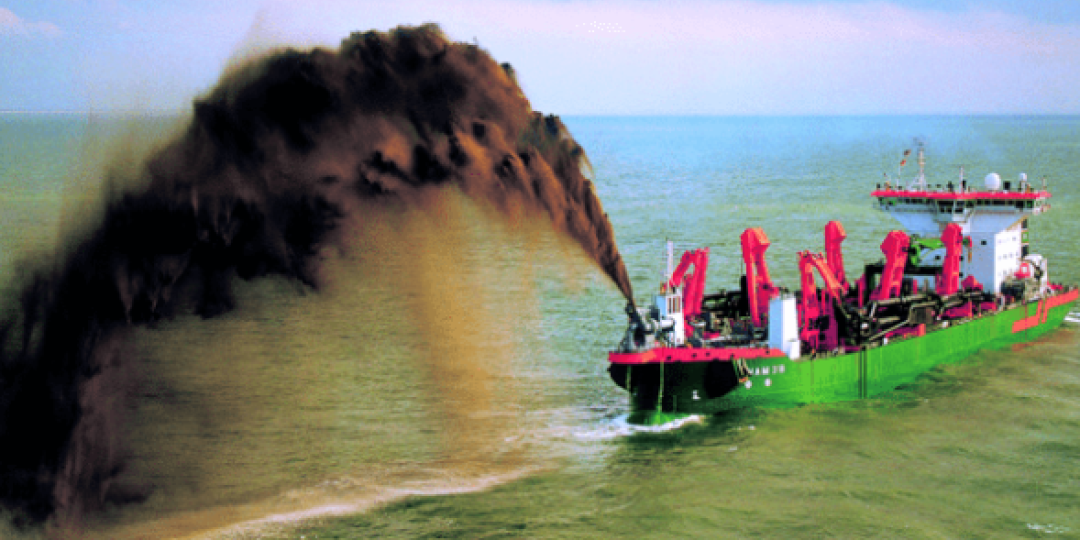The first-ever global data platform on sand and other sediment extraction in the marine environment has found that the global maritime dredging industry is excavating six billion tonnes per year.
Or, to put it into perspective, the equivalent of more than one million dump trucks per day.
The platform, Marine Sand Watch, tracks and monitors dredging activities of sand, clay, silt, gravel, and rock in the world’s oceans, including hotspots like the North Sea, South East Asia, and the East Coast of the United States.
Developed by the UN Environment Programme (UNEP), the platform uses Automatic Identification System (AIS) signals from vessels and artificial intelligence (AI) to identify the operations of dredging vessels.
The new platform provides information on areas used as sand concessions areas for capital and maintenance dredging, sand trading ports or hubs, the number of vessels and operators, and the extraction of sediment and other types of activities by countries with Exclusive Economic Zones.
Marine Sand Watch cannot yet detect artisanal and very small-scale mining along very shallow coastlines, despite its intensity in some regions.
The platform estimates that between four and eight billion tonnes of sand and other sediments are dredged every year in the marine and coastal environment. Furthermore, data analysed for the years 2012-19 shows the scale of dredging is growing.
The world is approaching the natural replenishment rate of 10 to 16 billion tonnes per year which is needed by rivers to maintain the structure and function of coastal and marine ecosystems.
“Shallow sea mining for sand and gravel is central to various construction activities,” UNEP has said in a statement.
“It poses a threat to coastal communities in the face of rising sea levels and storms, as marine sand will be needed to build coastal defences and support offshore energy infrastructure such as wind or wave turbines.
“Coastal or near-shore extraction can also affect the salinity of aquifers and future tourist development.”
International practices and regulatory frameworks vary widely.
Some countries – including Indonesia, Thailand, Malaysia, Vietnam, and Cambodia – have banned marine sand exports in the last 20 years, while others lack any legislation or effective monitoring programmes.
To mitigate the impact on biodiversity and coastal communities, UNEP calls for better monitoring in tandem with sustainable sand extraction.
Marine Sand Watch also recommends a halt to extraction on beaches and active nearshore sand-mining systems.
The platform also calls for the establishment of an international standard on sand extraction in the marine environment.













